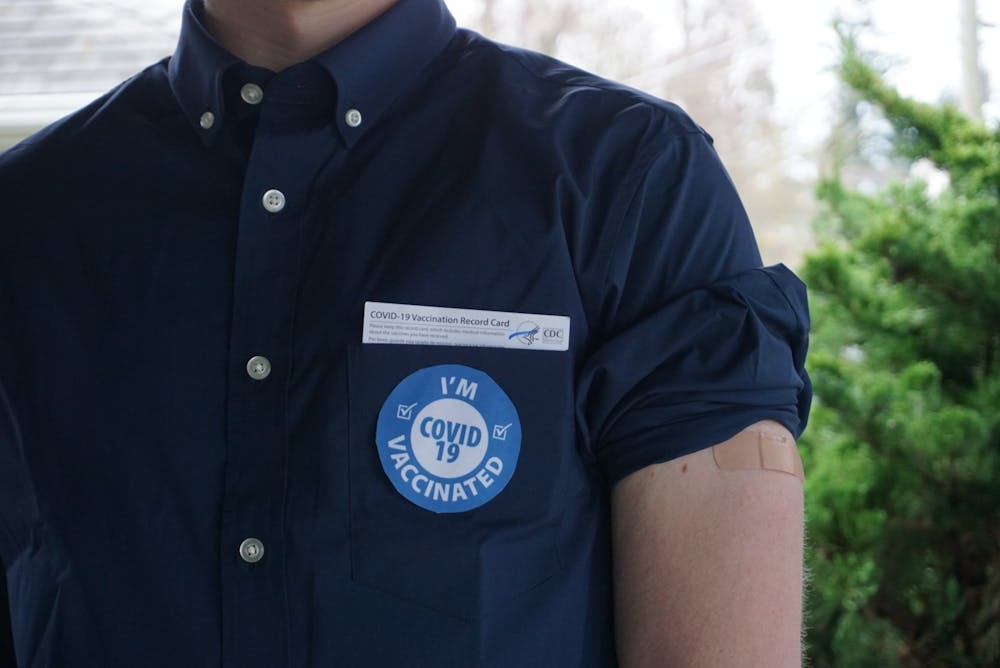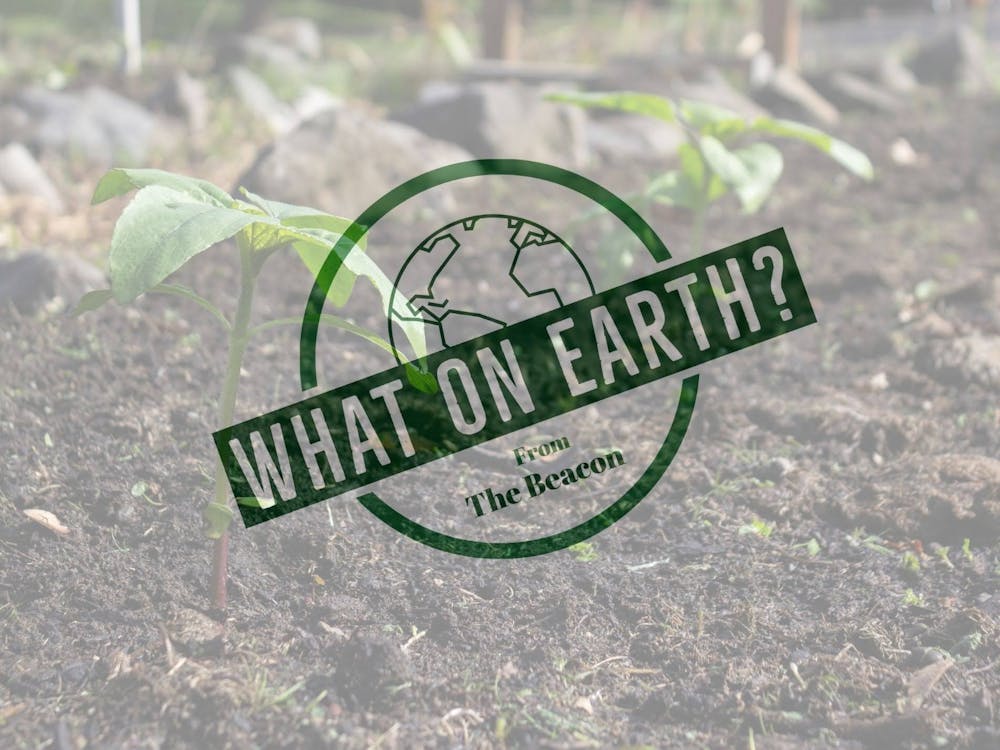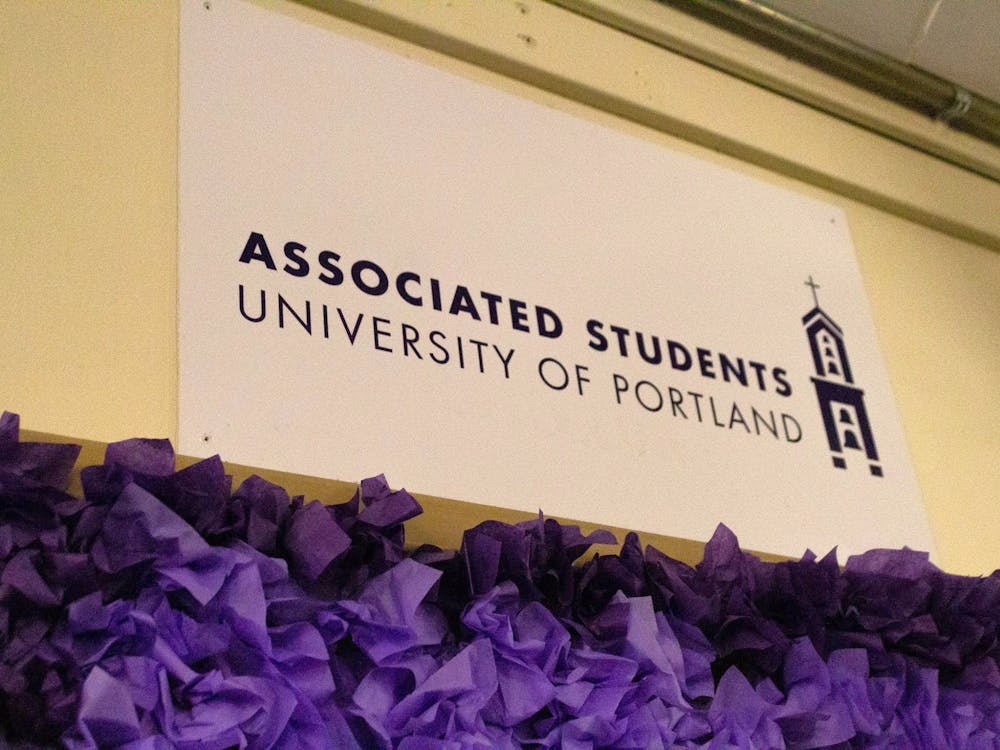A year after UP students were sent home to quarantine and online classes, three different vaccines are finally available for those eligible to receive them. It’s been a trying year, and vaccination comes as a relief for many.
The CDC estimates that more than 113 million vaccines have been administered in the U.S. With a number like that, it's easy to think that sense of protection is a sign we can ease off the cautionary measures, like wearing a mask and social distancing. Vaccination has provided a great deal of hope that the pandemic is coming to a close, but that’s not enough to stop taking precautions.
Those who have been vaccinated can gather without masks or physical distancing, but only around other fully vaccinated people.
“I feel safer, but I don't feel safer about anyone who hasn't gotten it,” Chase Ohmstede, a sophomore computer science major, said. Ohmsetede has been living and working in San Diego for the past two semesters.
“People here are very lackadaisical about the whole wearing masks and social distancing things,” Ohmstede said. “And I work at this cafe, every single day thinking I might contract it. But now that I have the first part of the vaccine. Now I feel a little bit more comfortable.”
The process for receiving the vaccine has been relatively painless for most, despite the needle in the arm. For psychology professor Paige Reohr, the initial reaction of relief was followed by a second, less pleasant, reaction to the vaccine.
“I had chills and body aches for a while, and just kind of felt like I was a zombie,” Reohr said. “That went away after about 36 hours, nothing wild. The second dose was rough. There were a lot of flu symptoms, like vomiting, headache or chills, that was for about 12 hours.”
Reohr’s reaction was intense, but that’s normal. Side effects of any vaccine are a sign that the body is building an immunity to that virus. Now we have to ask ourselves what that immunity really means for going back to pre-pandemic life.
According to current scientific knowledge, vaccinated people are safe from contracting the coronavirus’ worst symptoms themselves, but the unvaccinated around them should still be careful. Vaccinated people could still carry the virus and infect people.
The CDC still recommends mask wearing and social distancing in public spaces and avoiding crowds and poorly ventilated spaces until more is known about virus transmission from vaccinated people.
“They don't know whether or not you can be a carrier, there's not a lot of data on that, so I can’t just go around and do whatever I want,” junior nursing major Madi Clark said.
Many people would think that once you are vaccinated, the uncertainty about the pandemic is gone. That wasn’t the case for Clark.
“I feel like I had to do more research once I got the vaccine,” Clark said. “Just because we know how to be safe without the vaccine but then it was like, what does it mean now that I'm vaccinated?”
Clark is doing her clinical training at Providence Milwaukie Hospital, so extra caution pays off.
“You just want to be the most careful you can because if you can be a carrier, then you're spreading the virus to somebody who doesn't have the vaccine and then you're being irresponsible,” Clark said. “I need to be overly cautious just because I work in a hospital setting where I could expose somebody, and so I feel like even though I have the reassurance that I'm safe, I still feel the anxiety to be doing everything that I can.”
Until everyone is vaccinated, the best course of action is to keep following guidelines until the science says it’s safe to do otherwise.
“People are quick to brush it off because they want things to go back to normal,” said Clark. “This is a new normal for now until we can reach herd immunity and protect everybody.”
Will Mulligan is a reporter for The Beacon. He can be reached at mulligan22@up.edu.








